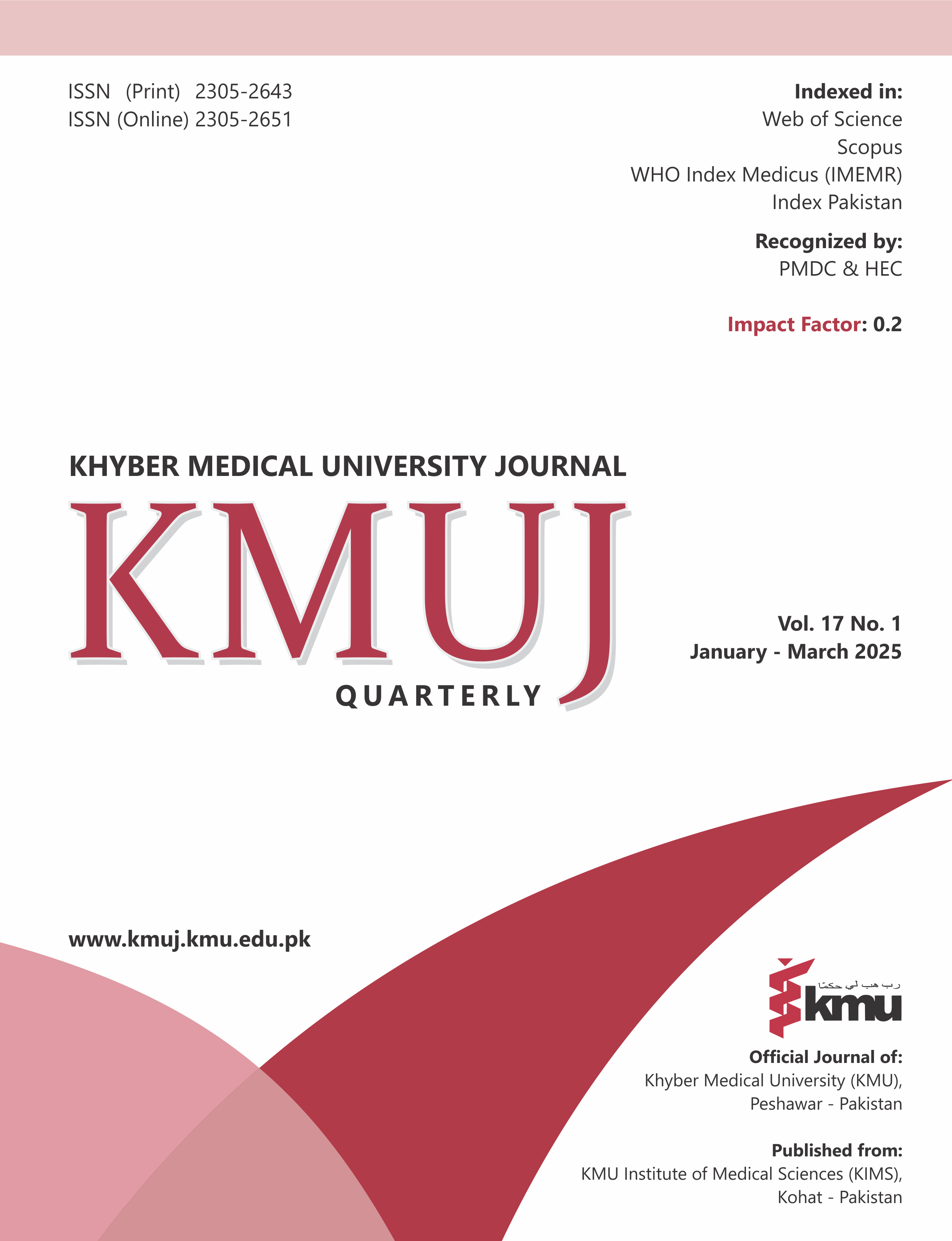Effectiveness of zoom-based online sessions in developing research skills among geographically distant participants: a cross-sectional study
Main Article Content
Abstract
Objective: To evaluate the effectiveness of Zoom-based online meetings in enhancing research skills among geographically distant participants.
Methods: This descriptive cross-sectional study analyzed data from the “Certification in Clinical Research (CCR)” course, conducted from November 2023 to May 2024 in Karachi, Pakistan. Ethical approval was obtained from Ameen Medical and Dental Center (Ref# ERC-CIRS-2023-656). The course included five bi-weekly online sessions on various aspects of clinical research, delivered via Zoom. A total of 177 participants from diverse medical fields attended, using personal computers for synchronous learning. Each 120-minute session featured presentations, interactive discussions, and a Q&A segment. Participants provided feedback through a structured questionnaire assessing presenter quality, content, technology, and information on a 5-point Likert scale. Data were analyzed using SPSS version 26.
Results: Of the 177 participants, 20% were new to online learning. Overall feedback was positive, with mean ratings of 4.5 for presenters, 4.3 for content, 4.0 for information, and 4.3 for technology. Presenters in session 1 received the highest rating (4.7 ± 0.5), while technology in session 2 had the lowest (3.4 ± 1.2). Around 60% of participants revisited recorded sessions, with the highest watch time reaching 340.5 ± 25.5 minutes. Participants actively engaged, with an average of 675.3 ± 22.4 chat posts per session.
Conclusion: Zoom-based online meetings were highly rated by participants, fostering collaborative learning through active engagement and facilitator interactions despite minor technical challenges. Session recordings benefited both absent participants and content review. Further research is required to assess long-term skill retention.
Article Details

This work is licensed under a Creative Commons Attribution 4.0 International License.
Work published in KMUJ is licensed under a
Creative Commons Attribution 4.0 License
Authors are permitted and encouraged to post their work online (e.g., in institutional repositories or on their website) prior to and during the submission process, as it can lead to productive exchanges, as well as earlier and greater citation of published work.
(e.g., in institutional repositories or on their website) prior to and during the submission process, as it can lead to productive exchanges, as well as earlier and greater citation of published work.
References
1. Choi M, Choung H. Mediated communication matters during the COVID-19 pandemic: The use of interpersonal and mass personal media and psychological well-being. J Soc Pers Relatsh 2021;38(8):2397-418. https://doi.org/10.1177/02654075211029378
2. Jhala M, Menon R. Examining the impact of an asynchronous communication platform versus existing communication methods: an observational study. BMJ Innov 2021;7(1):68-74. https://doi.org/10.1136/bmjinnov-2019-000409
3. Watts L. Synchronous and asynchronous communication in distance learning: A review of the literature. Q Rev Dist Educ 2016;17(1):23-32.
4. McMahon CJ, Tretter JT, Faulkner T, Kumar RK, Redington AN, Windram JD. Are e-learning Webinars the future of medical education? An exploratory study of a disruptive innovation in the COVID-19 era. Cardiol Young 2021;31(5):734-43. https://doi.org/10.1017/s1047951120004503
5. Mukhtar K, Javed K, Arooj M, Sethi A. Advantages, Limitations and Recommendations for online learning during COVID-19 pandemic era. Pak J Med Sci 2020;36(COVID19-S4): S27–S31. https://doi.org/10.12669/pjms.36.COVID19-S4.2785
6. Adedoyin OB, Soykan E. Covid-19 pandemic and online learning: the challenges and opportunities. Interact Learn Environ 2023;31(2):863-75. https://doi.org/10.1080/10494820.2020.1813180
7. Leslie HJ. Trifecta of Student Engagement: A framework for an online teaching professional development course for faculty in higher education. J Res Innov Teach Learn 2020;13(2):149-73. https://doi.org/10.1108/JRIT-10-2018-0024
8. Ngo J, Ngadiman A. Investigating student satisfaction in remote online learning settings during Covid-19 in Indonesia. J Int Comp Educ 2021;1:73-95. https://doi.org/10.14425/jice. 2021.10.2.0704
9. Sims L, Sims L. Webinars. Effective Digital Learning: Transforming Traditional Learning Models to a Virtual World. Apress 2021;55-66. https://doi.org/10.1007/978-1-4842-6864-3
10. Al-Balas M, Al-Balas HI, Jaber HM, Obeidat K, Al-Balas H, Aborajooh EA, et al. Distance learning in clinical medical education amid COVID-19 pandemic in Jordan: current situation, challenges, and perspectives. BMC Med Educ 2020;20:1-7. https://doi.org/10.1186/s12909-020-02257-4
11. Ismail II, Abdelkarim A, Al-Hashel JY. Physicians’ attitude towards webinars and online education amid COVID-19 pandemic: When less is more. PLoS One 2021;16(4):e0250241. 1. https://doi.org/10.1371/journal.pone.0250241
12. Yo EC, Witjaksono AN, Fitriani DY, Werdhani RA, Parikesit D. Assessing webinar outcomes for health professionals: a perspective from Indonesia during coronavirus disease 2019 pandemic. Korean J Med Educ 2021;33(2):87–96. https://doi.org/10.3946/kjme.2021.190
13. Bhattarai D, Sharma A, Sengupta P. Utility and perceptions about web-based academics among physicians during COVID-19 pandemic. J Family Med Prim Care 2021;10(2):699-705. https://doi.org/10.4103/jfmpc.jfmpc_2041_20
14. Regmi K, Jones L. A systematic review of the factors–enablers and barriers–affecting e-learning in health sciences education. BMC Med Educ 2020;20:1-18. https://doi.org/10.1186/s12909-020-02007-6
15. Dost S, Hossain A, Shehab M, Abdelwahed A, Al-Nusair L. Perceptions of medical students towards online teaching during the COVID-19 pandemic: a national cross-sectional survey of 2721 UK medical students. BMJ Open 2020;10(11):e042378. https://doi.org/10.1136/bmjopen-2020-042378
16. Sügümlü Ü, Aslan S. The Use of Web 2.0 Tools in Mother-Tongue Instruction: Teachers' Experiences. Int J Educ Literacy Stud 2022;10(1):124-37. https://doi.org/10.7575/aiac.ijels.v.10n.1p.124
